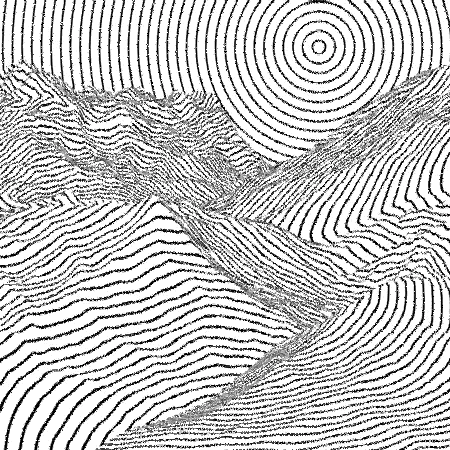
GLAUCO FOOT-WASHING
DUDU MELO PIGMENTAR COMPANHIA
18/03 > 19H
19/03 > 15H
GALPÃO CARLOS MIRANDA || FUNARTE SP
Alameda Nothmann, 1058 - Campos Elíseos
40min
Free

PEOPLE INVOLVED IN THE PROCESS:
Dudu Melo
Jínior Dias
Audio Transcribed
My research began in 2018 with two other artists as we set out to create the play Glauco. We spent six months in the rehearsal room and then had a year-long run between Belo Horizonte and our premiere at Unibes Cultural in São Paulo. It was a play with two actors on stage, but due to the pandemic and other circumstances, the production was interrupted.
This play is important to me because I am a mature man, approaching 60 years old. I am visually impaired, I am LGBTQIA+, and so is Glauco Matoso. I wanted to challenge the stereotypes of people with disabilities—how they are often seen as pitiful, asexual, without desires, without anger, without outbursts, without revolts. I wanted to bring all of that to the stage.
To keep Glauco alive in some form, I took a scene from the play—a foot-washing scene where I would wash the other actor’s feet, and he would wash mine while reciting poetry—and I decided to create an extension of that. I started rehearsing at home, where I have a small space suitable for this kind of intimate performance. My initial idea was to create a piece for just one person at a time. The audience member would come in, and I would recite various poems while washing their feet—something along those lines. But as I kept exploring, things evolved.
I started inviting friends and fellow artists to watch and experience the piece with me. As we experimented, I realized that performing for just one person felt too limited. That’s when the idea of expanding it emerged. Since foot-washing is a ritual, I started thinking about other rituals—like the 12 apostles, the 12 zodiac signs. The number 12 is very powerful. So I began experimenting with larger groups, up to 12 people. Sometimes it wasn’t exactly 12 people, but 12 chairs with a few participants.
I also started testing different movements—standing, on the floor, lying down, moving between the participants—while exploring the poetry. This is still an ongoing process, and we will continue developing it in São Paulo.
I have selected poems that create 11 distinct narrative moments. First, I talk about blindness. Then I explore love, heartbreak, sexuality itself, and finally, I reveal who this poet is. There are 11 sequences of poems, and this is how Glauco Lava-Pés is taking shape.
I have performed it three or four times already, and each time has been completely different. I create in the moment, I experiment with the audience throughout the performance. Rehearsals are challenging because I often don’t have the audience to interact with, so I have to imagine them—and their feet.
Bio:
Dudu Melo is a visually impaired actor from Minas Gerais, Brazil.
He began his artistic journey at the age of 50, studying theater at Galpão Cine Horto. In 2018, he founded Pigmentar Companhia with the goal of bringing together diverse artists to explore themes marginalized by society, including LGBTQIA+ issues, Black identity, people with disabilities, and individuals over 60.
He created the plays: Glauco, Cabra-Cega, Tesourinha, O Menino do Olho que Vê, and Eu Vi uma Flor no Deserto.
An admirer of the work of São Paulo poet Glauco Mattoso, he is currently developing the ritual play Glauco Lava-Pés, which offers a sensory experience.






